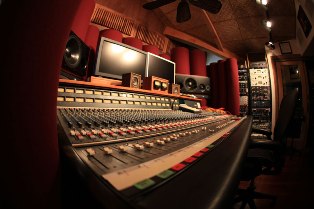Ten Reasons Why Music need To Be Compressed


This is I reference of the soft-to-loud dynamic range of compression not MP3 or other types of data compression. Dynamic range compression has been around for as long as recorded music has existed. In the last years though the public has demanded over high levels of it. There’s a lowest common denominator approach to mixing and mastering music boosting all of the quitter and softer passages to be loud all the time this process minuses all the original details subtleties and nuances of the instruments and the vocals. Once it’s been compressed it can never be uncompressed by the end user.
Here are the ten reasons music is compressed.
1. Compression is part of the sound of contemporary music, uncompressed music would sound lifeless and boring.
2. Louder music almost always sounds better than quitter music.
3. Uncompressed music constantly shifts volume levels.
4. When listening in shuffle mode there’s a chance of skipping over quitter songs to get to the next one, producers fear of a mix that’s too quite.
5. Days before Cd mastering, engineers needed to boost the quieter songs to keep them above LPs noise floor, to reduce the loudest sounds to keep the needle groove. Cda have less soft-to-loud dynamic range than LPs.
7. People rarely listen to music in quieter surroundings they need compression to keep music loud enough to be heard over the noise.
8. If people really didn’t like compression of music they would stop buying/listening to compressed music.(see no10).
9. Natural dynamic music lacks the kick of a compressed mix.
10. Audiophiles like to complain about compressed music but they actually prefer it.





